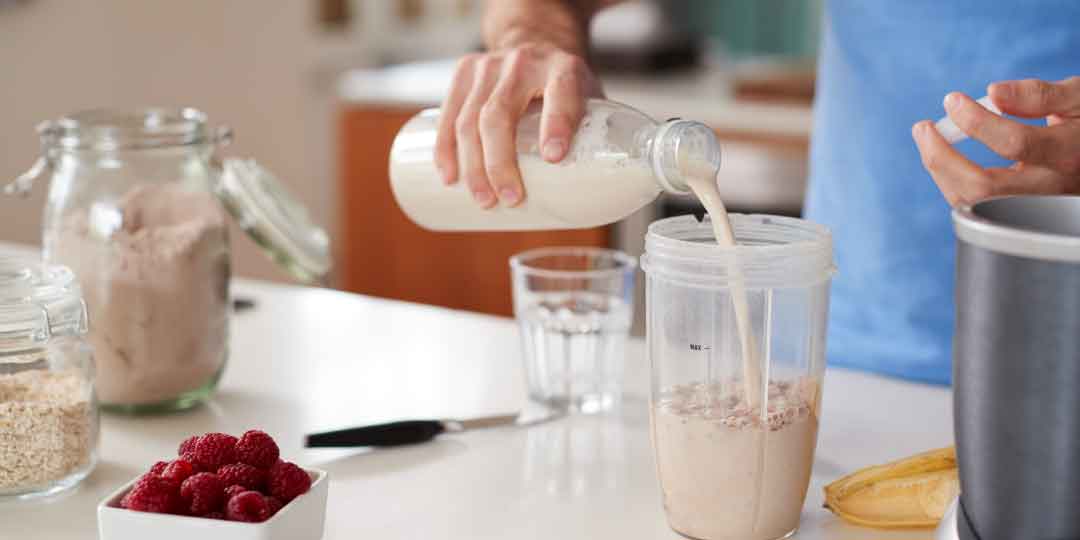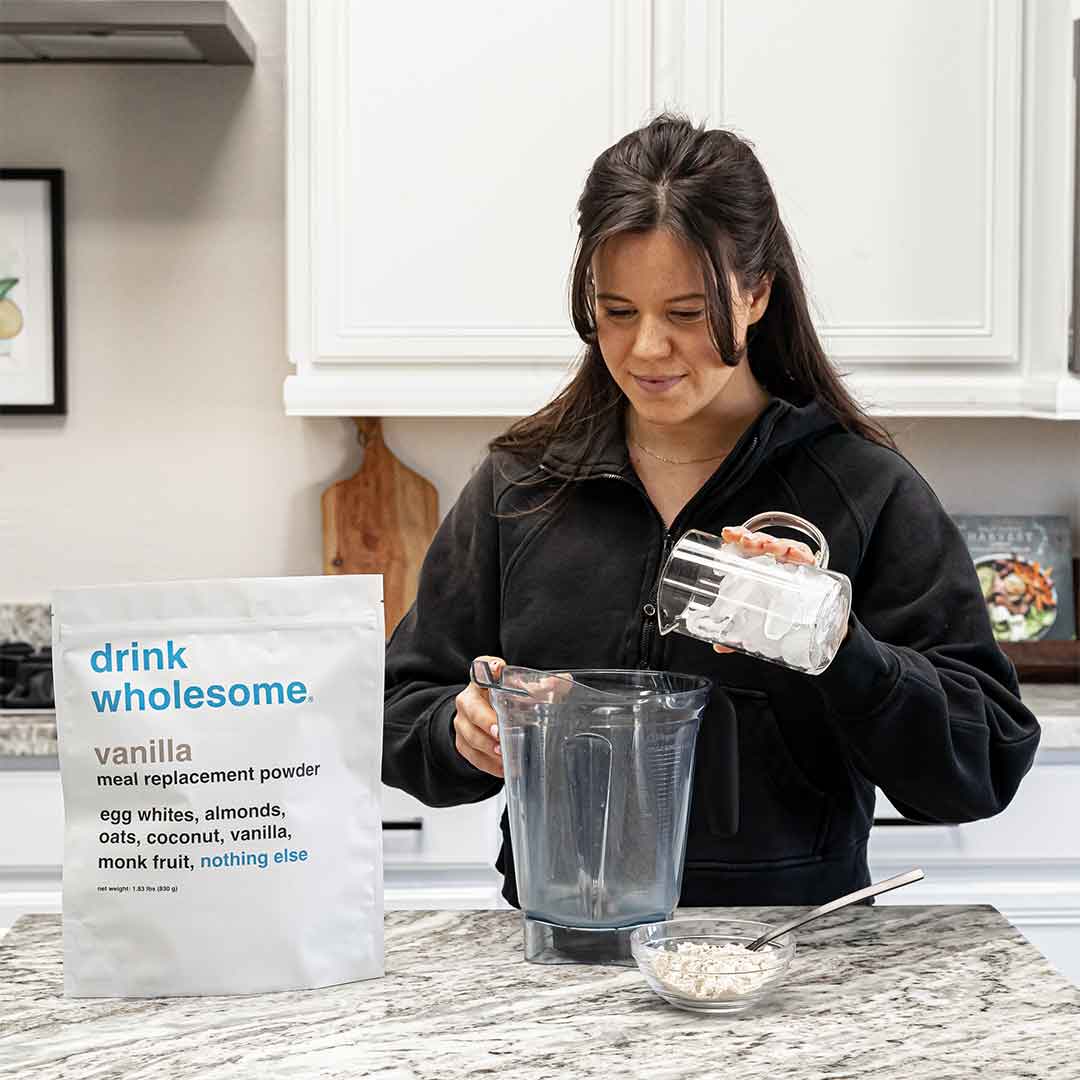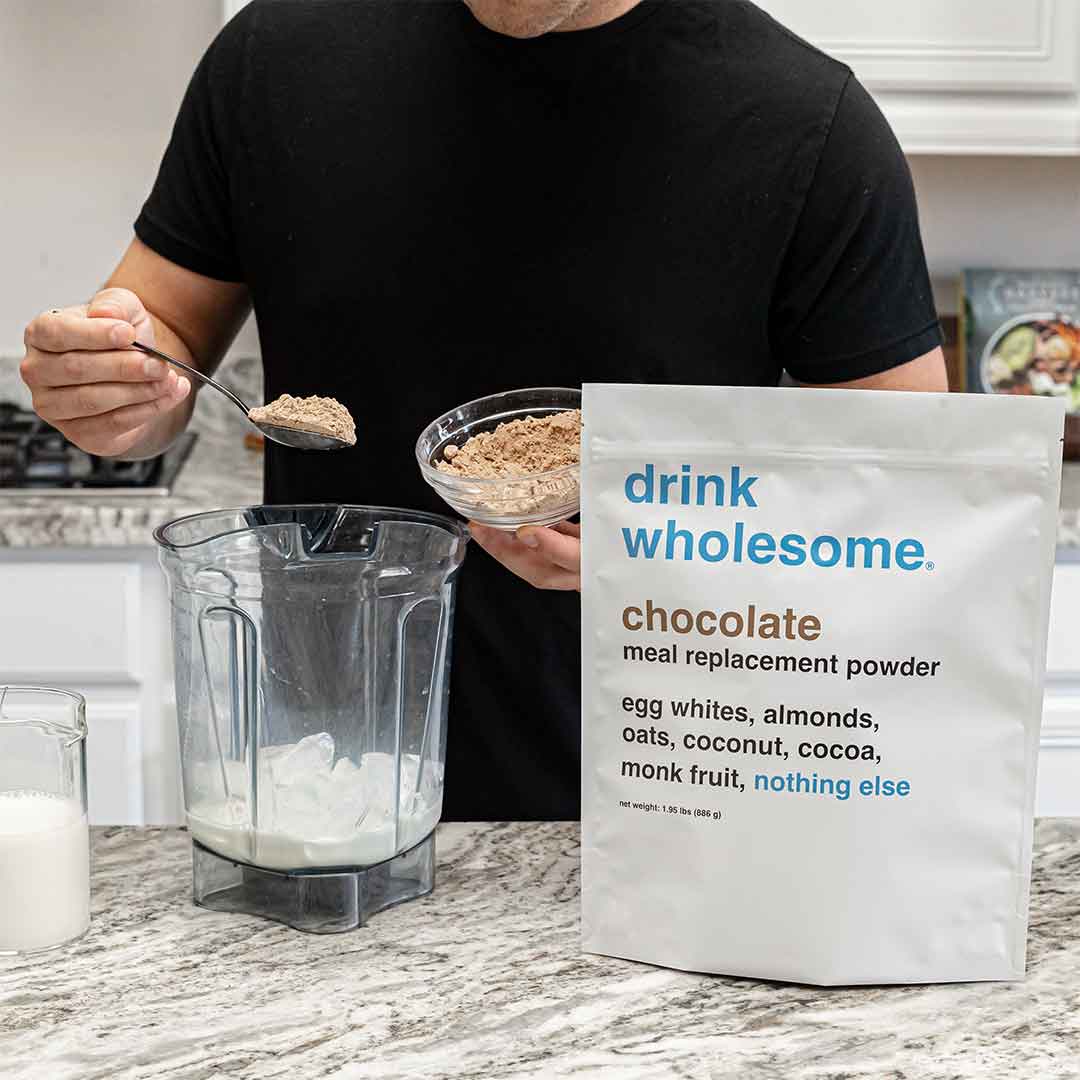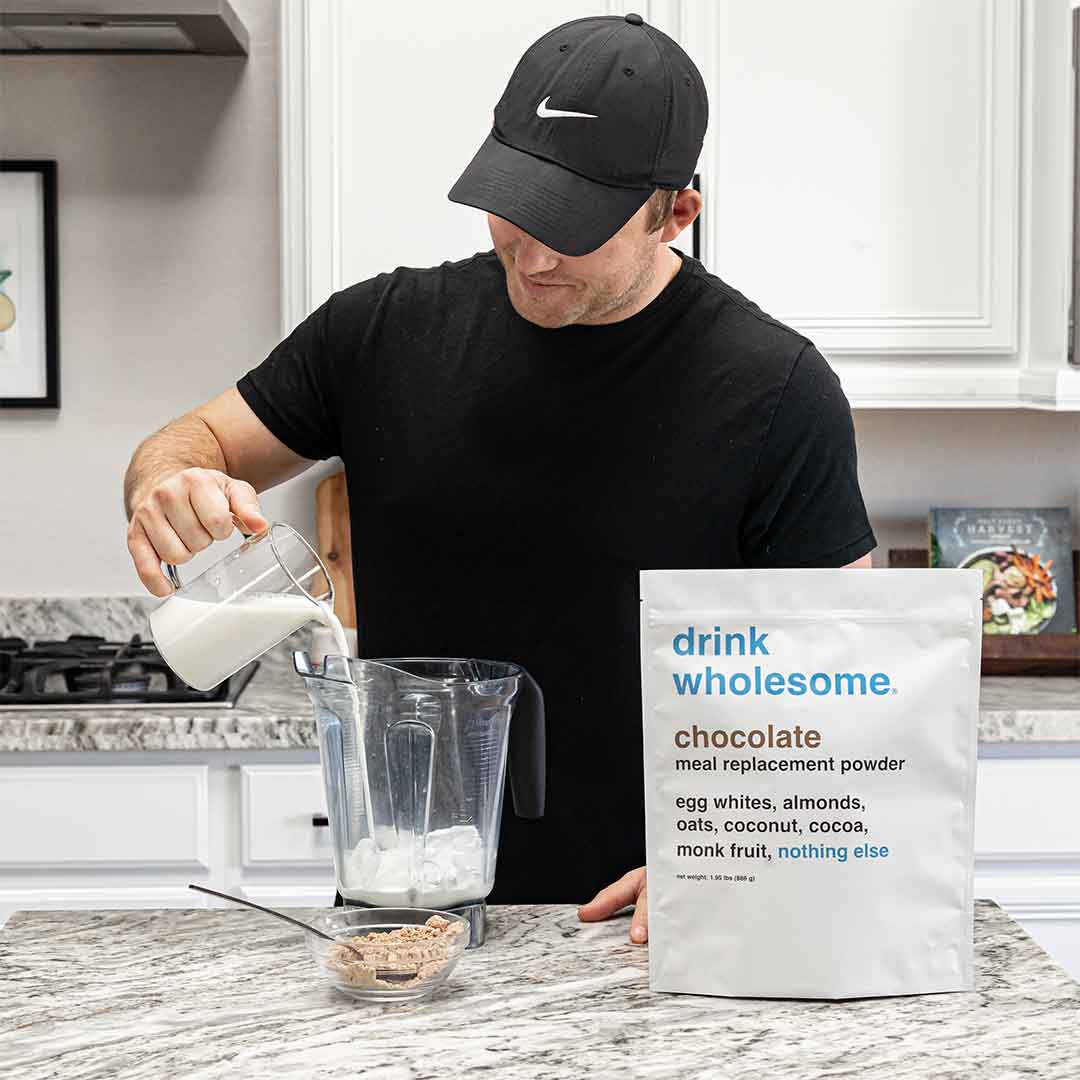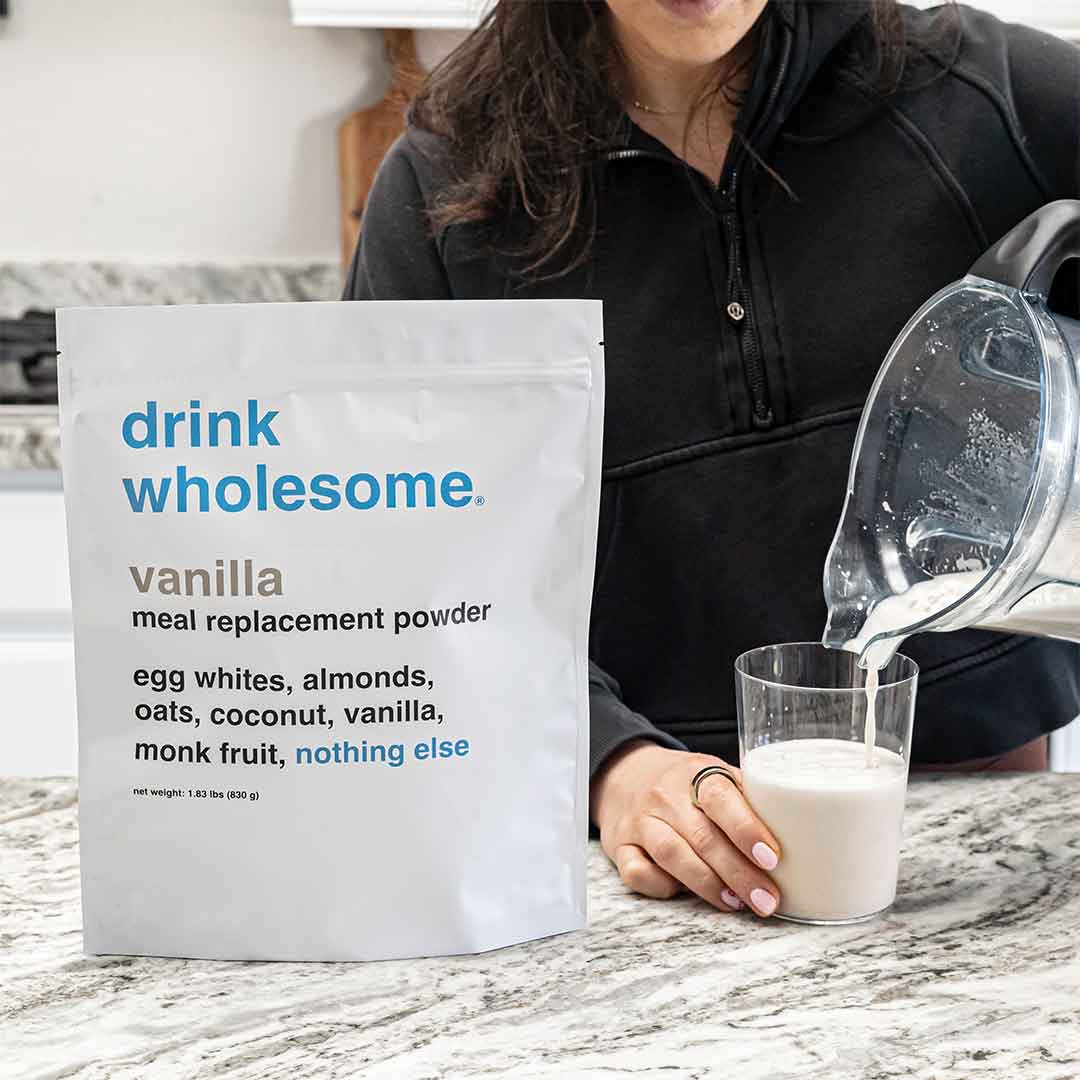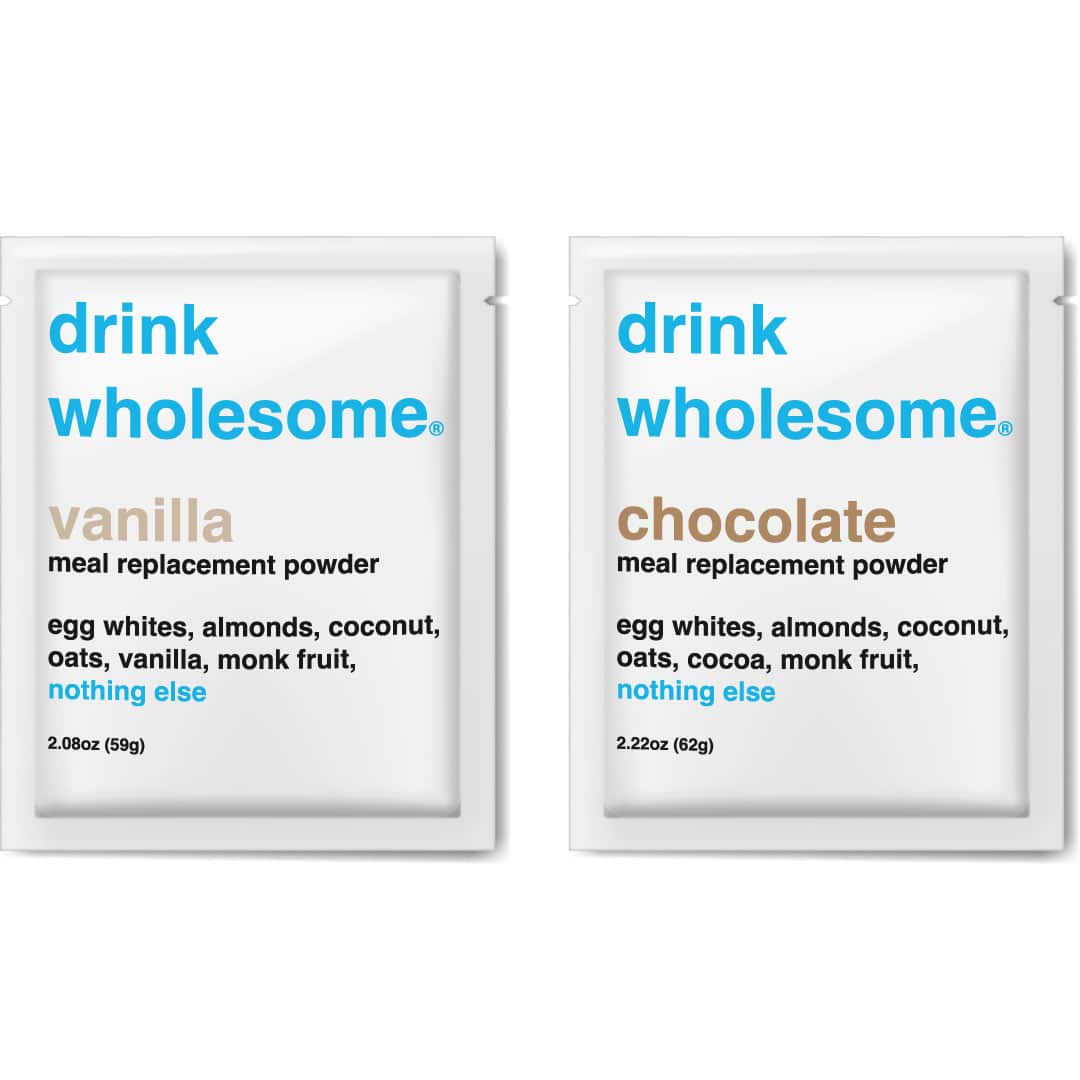Can meal replacement shakes cause diarrhea?
Can meal replacement shakes cause diarrhea? Meal replacements can cause diarrhea, and if you are sick of this common side effect, you have come to the right place. In the article below, I will explain what causes meal replacement shake diarrhea, and how to avoid it.
Meal replacement shakes can cause diarrhea.
Written by Jack Schrupp & endorsed by Baylee Reller, RDN
Do meal replacement shakes give you diarrhea?
Meal replacement shakes are designed to replace the nutritional value of a meal. They are a quick and convenient way to get calories, protein, and other nutrients, especially for people who are always on the go. That said, meal replacement shakes are also notorious for making people run to the bathroom.
Why do meal replacement shakes make you poop?
Here are the top meal replacement ingredients that can cause diarrhea.
Dairy.
Dairy-based proteins like whey can casein are byproducts of cheese and yogurt production. They are known to cause digestive issues, especially for people with lactose intolerance, which affects over one in three Americans. If you have lactose intolerance, you lack the enzymes needed to fully break down lactose, the sugar in dairy. As a result, lactose spends extra time in your gut, which causes your colons to absorb extra water. This can lead to diarrhea.
Food additives.
Most meal replacements are full of food additives. Food additives look nothing like real food, which makes them hard to digest. As you just learned, partially digested food can cause diarrhea.
Here is a list of the most common food additives in meal replacements:
acacia gum, acesulfame potassium, artificial flavors, aspartame, carrageenan, cellulose gum, dextrin, dextrose, erythritol, gellan gum, guar gum, gum arabic, inulin, locust bean gum, “natural” flavors, maltodextrin, rice syrup solids, soy lecithin, silica, sucralose, sunflower lecithin, xanthan gum, xylitol
Sugar alcohols.
Sugar alcohols are carbohydrates that are partially resistant to digestion and can have a laxative effect. They are also high FODMAP, and can trigger diarrhea for people with IBS. Common sugar alcohols include erythritol, sorbitol, and xylitol.
Fiber.
Some plant-based meal replacements contain lots of fiber. Fiber absorbs water, which softens stools and causes them to pass through the digestive tract more easily. Too much fiber, as you can imagine, can cause diarrhea. Note that certain protein powers, especially those intended to help with weight loss, have added fiber. 10 or more grams per serving might make you run to the bathroom, so read the Nutrition Facts.
the alternative:
SOY PROTEIN ISOLATE, CANOLA OIL, MALTODEXTRIN, ISOMALTULOSE, SOLUBLE CORN FIBER, MODIFIED FOOD STARCH, VITAMIN AND MINERAL PREMIX, CELLULOSE, NATURAL & ARTIFICIAL FLAVORS, SOY LECITHIN, SALT, MONO & DIGLYCERIDE, XANTHAN GUM, SUCRALOSE
Why drink wholesome?
drink wholesome is made with real foods.
Not only are our meal replacements free from the ingredients that cause diarrhea, but they are also made with real foods. Most meal replacements, on the contrary, are made with protein concentrates and/or isolates, foods stripped of everything but the protein.
Making protein concentrates and isolates involves significant mechanical and chemical processing, sometimes with solvents like hexane. This means that what you put in your body only vaguely resembles real food.
Your gut is designed to digest unprocessed or minimally-processed real foods, not protein concentrates and isolates. For this reason, eating refined ingredients like these can disrupt the gut microbiome – the collection of microorganisms living in your gut. This, in turn, can make it hard for you to digest and absorb the food you eat.
Instead of using protein concentrates or isolates, we make easy-to-digest meal replacements with whole foods like egg whites and almonds. Minimally-processed ingredients like these are a gut-healthy alternative to protein concentrates and isolates.
Unlike protein isolates and concentrates, egg whites and almonds have enzymes and natural digestive aids that make them easy to digest. Egg whites are also low fiber, low FODMAP, alkaline (helping maintain healthy pH levels in your gut), and bioactive (enabling the growth of healthy gut bacteria).
Almonds, on the other hand, are also gut-friendly! They are prebiotic, which means they enhance the diversity of your gut microbiome, and promote regular and healthy bowel movements. Simple, gut-friendly ingredients like this are our secret to making our meal replacement powders easy to digest.
” I love this stuff. I have the most sensitive stomach in the world everything makes me sick. This stuff is the best 💯%. I’m so happy I found this product.” – Shayla
Read more reviews or take the quiz.
Meal Replacement Powder Sample Packs
This content is not intended to be a substitute for professional medical advice, diagnosis, or treatment. drink wholesome is not intended to diagnose, treat, cure or prevent any disease.



